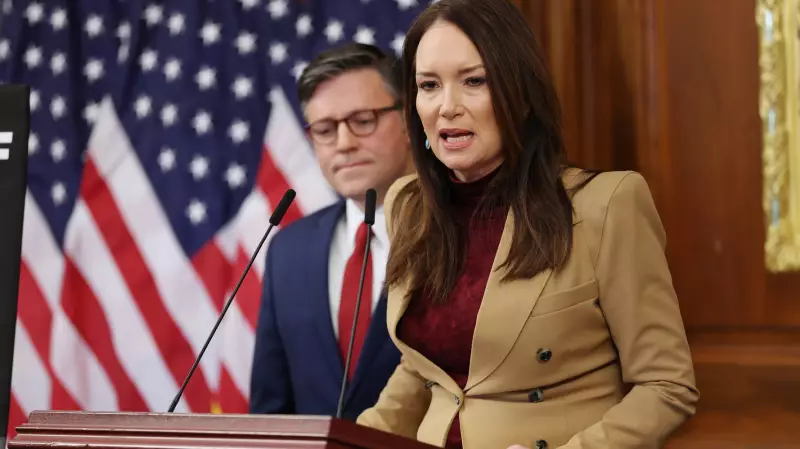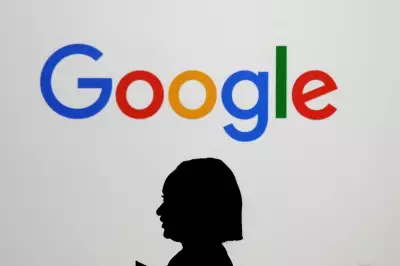
In a stunning revelation that exposes the dark underbelly of Big Tech lobbying, former Trump administration official Brooke Rollins has come forward with explosive allegations against Snapchat. The social media giant stands accused of engaging in what she describes as "corrupt" practices while simultaneously claiming to champion children's safety.
The Double Game of Big Tech
According to Rollins, who served as director of the White House Domestic Policy Council, Snapchat executives were actively lobbying against the bipartisan Kids Online Safety Act (KOSA) behind closed doors. This occurred while the company publicly positioned itself as a protector of young users.
"They were saying one thing publicly and doing the exact opposite privately," Rollins stated, highlighting what she sees as a disturbing pattern of corporate duplicity.
Exploiting Children for Profit
The core of the controversy revolves around how social media platforms, including Snapchat, handle children's data and mental health. Rollins alleges that these companies have built billion-dollar empires by:
- Collecting vast amounts of data from underage users
- Designing addictive features that keep children engaged for hours
- Resisting meaningful regulation that would protect vulnerable users
"They're making money off our children's data and their attention, and then they're using that money to lobby against common-sense protections," Rollins explained.
The Legislative Battle
The Kids Online Safety Act, which has garnered support from both Democrats and Republicans, represents one of the most significant attempts to regulate how tech companies interact with young users. The legislation would:
- Require platforms to implement stronger safeguards for minors
- Limit data collection from underage users
- Provide parents with more control over their children's online experiences
Despite Snapchat's public statements supporting child safety, Rollins claims their lobbying efforts told a different story entirely.
A Call for Transparency and Accountability
This revelation comes at a critical moment as lawmakers and the public grow increasingly concerned about social media's impact on youth mental health. Rollins' allegations suggest that the gap between tech companies' public commitments and private actions may be wider than previously understood.
The situation raises urgent questions about corporate responsibility and the need for greater transparency in how technology companies influence policy-making. As the debate over online safety continues, these allegations underscore the importance of scrutinizing not just what tech giants say, but what they actually do when no one is watching.





